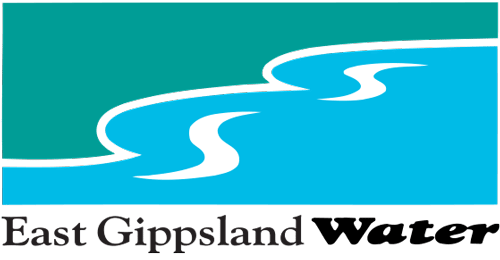Setting the scene
East Gippsland Water has long been committed to environmental sustainability. We are progressing a series of projects on a pathway to reduce net greenhouse gas emissions by 44 percent by 1 July 2025 – which would take our annual emissions down to a maximum of 4,650 tonnes of CO2-e equivalent (t CO2-e).
Even more significant, we have a commitment to achieve zero net emissions by 2035.

Greenhouse Gas Emissions and Net Energy Consumption | Mid-year Review 2024
We are committed to reducing the environmental impact of our operations by minimising energy use and greenhouse gas emissions while delivering safe drinking water and treating recycled water.
The 2022/23 financial year saw our annual greenhouse gas emissions drop to 7443 t CO2-e – nearly five percent lower than our 2021/22 result. This result is due to our increased renewable energy activities and initiatives, including the installation and commissioning of our largest solar system at the Paynesville Recycled Water and Reuse Facility and of our new 80kW Combined Heat and Power Biogas engine at our Bairnsdale Water Recycling Plant. The solar installation at Paynesville has produced 128MWh since commissioning in late April 2022 – this is equivalent of powering 25 homes for a year!
We are currently forecasting another reduction in our t CO2-e for the 2023/24 financial year.
We aim to achieve net-zero emissions by 2035 including being powered by 100% renewable electricity by 2025. To reach our 2035 goal, we are investigating additional renewable energy systems, including a large-scale solar facility at our Wy Yung Storage. We are also collaborating with other Victorian water corporations to determine the feasibility of a collective water industry carbon offsets project.
Additionally, East Gippsland Water continues our energy partnership with 12 other Victorian water corporations in collectively purchasing solar power from the Kiamal Solar Farm in northwest Victoria. This partnership remains integral to our reduction of greenhouse gas emissions by enabling us to purchase solar power – helping us to maintain affordable water bills.
Operating efficiently
We are continuing to progress toward a more business-wide approach to emissions reduction through business efficiencies, including monitoring the performance of our systems and analysing our data analytics. This includes embedding our net-zero priorities and climate change adaption into all our new and ongoing projects.
We continue to monitor our sewerage pipelines to maintain efficiencies and reduce stormwater and groundwater infiltration throughout our sewerage networks. Caused by leaks and illegal stormwater pipe connections, this infiltration place unnecessary pressure on the operation of sewer pump stations and treatment plants – increasing electricity consumption and greenhouse gas emissions.
For information on our performance over the last financial year, please click the link below:
Reporting back to you
Our business plan for 2023-28 (our Price Submission) takes into account feedback from customers across the region and there was clear support to focus on environmental sustainability.
Based on this feedback, East Gippsland Water’s Customer Advisory Committee has a commitment to provide six-monthly updates to you on our progress to cut greenhouse gas emissions.

